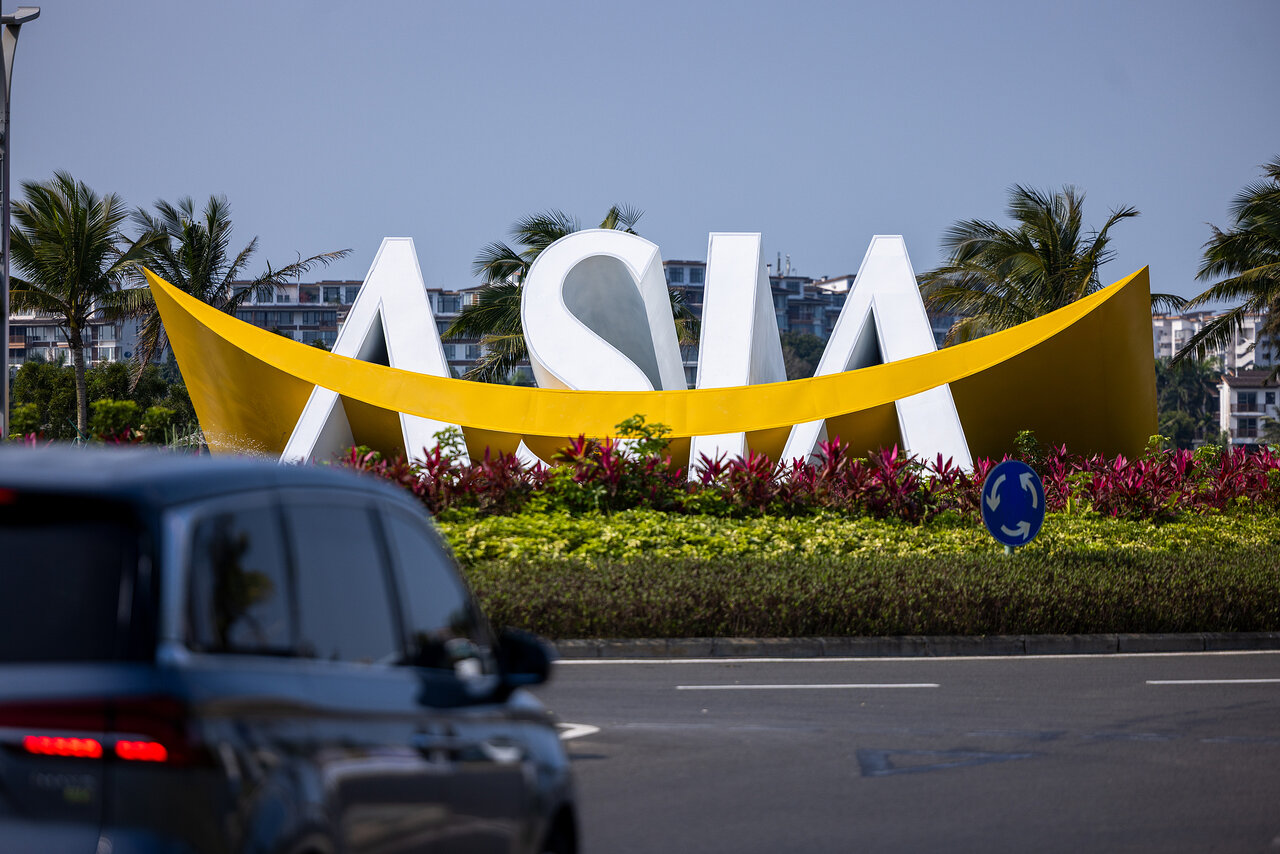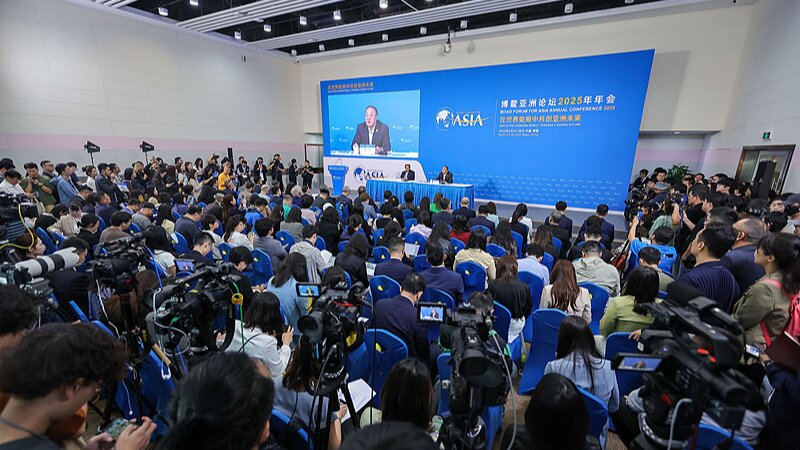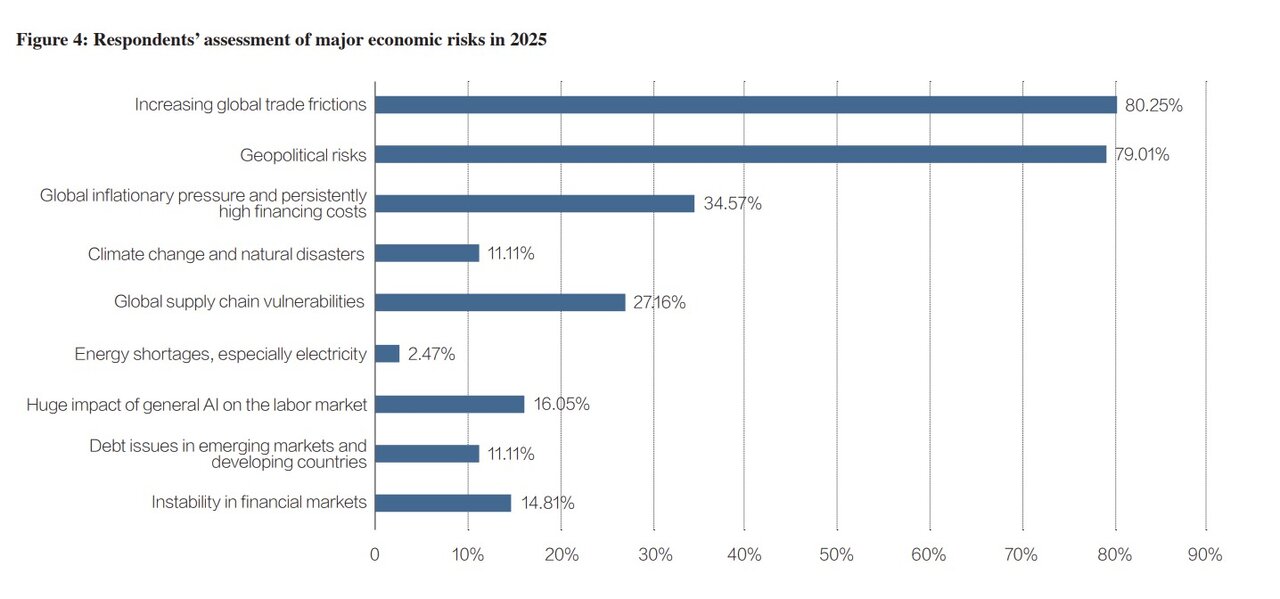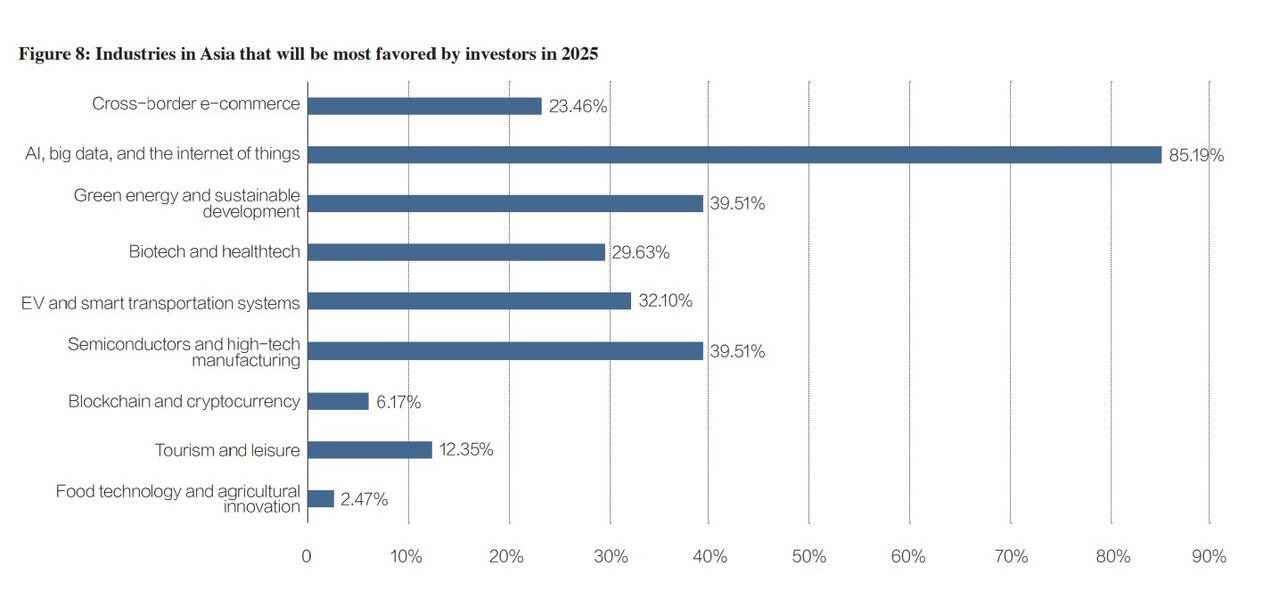AI & innovation a panacea against uncertainty as Boao Forum for Asia 2025 kicks off

As this year's annual Boao Forum for Asia conference kicks off in Hainan, China, it is presented with the unprecedented opportunity to weigh the big uncertainty factor of the day against the grand disruptive force of our times.
The corner of uncertainty is represented by the geopolitical turbulence and tariff turmoil triggered by the US administration under Donald Trump, while the great disruptor is, of course, technological innovation represented chiefly by the advent of commercial-scale AI.
What accentuates the unique situation that has befallen the "Davos of the East" is the fact that the Asia-focused conference comes at a time when the continent increasingly holds the keys to the global growth engine, and has also got a powerful foothold in the AI realm. The "DeepSeek moment", which is one of the "official" buzzwords listed in the Boao Forum's Conference Journal released on Tuesday, occurred merely a fortnight after the WEF 2025 in Davos and Trump's swearing-in, and has inspired a nascent democratization of AI as it is both open-source and uses a lower quantum of compute than was previously thought.

A look through the 28 buzzwords listed in the BFA journal reveals that geopolitical uncertainty and AI are relatively equally represented. Terms like Trump 2.0, Rebuilding Trust, Epic Fail, Inadvertent Cooperation and Digital Divide are countered by Artificial General Intelligence (AGI), Inclusive AI, AI for Good and the previously mentioned DeepSeek Moment.
In fact, the sense of dichotomy is also made clear in the two most resounding findings from the BFA Academy's survey of its members and partner enterprises. When asked about the major economic risks of 2025, around 80 percent of the respondents answered "Increasing global trade factors" and "Geopolitical risks". By comparison, only a paltry 16.05 percent view AI's impact on the labor market as a risk.

On the other hand, "AI, big data and the internet of things" are overwhelmingly the industries that respondents say will be most favored by investors in Asia in 2025. Its 85.19 percent score soars over both "green energy and sustainable development" and "semiconductors and high-tech manufacturing" at 39.51 percent each. Those are two very crucial industries to beat so handsomely!

Undoubtedly, with Asia pegged for 4.5 percent GDP growth in the BFA's projection for 2025, this year could see ample investments into endeavors to integrate AI with industry and disrupt prevalent business and production models. How to do this effectively with AI still a relatively new kid on the block is one of the major questions the Asian Davos will attempt to answer.
For instance, to tackle the current lack of proper training and established path forward, ZTE Corporation Chairman Li Zixue suggests that companies should start small, expand gradually and then scale across their entire operations. Dong Junfeng, Chairman of China UnionPay, says every employee should be empowered to be a proactive trailblazer for AI applications, in order to foster a bottom-up culture of innovation centred around AI and beyond. These and other related talking points will be covered by the BFA under the topic category "Identifying New Drivers" which has a specific agenda - Strengthening AI Application and Governance for Innovation-Driven Development.
Clearly, while the Boao Forum for Asia will surely mull the core "Asia in the Changing World: Towards a Shared Future" theme in all its geopolitical and multipolarity connotations, expect Artificial Intelligence to also figure in conversations in both expected and unexpected ways. This "AI-fication" of potentially any topic adds an entirely new and exhilarating dimension to such a vast and prominent forum.
